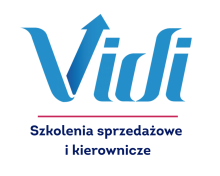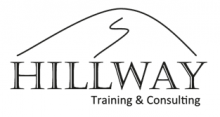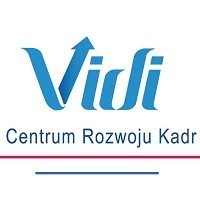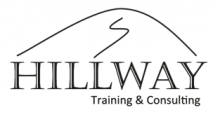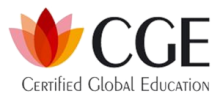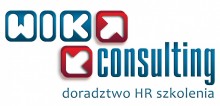Training objectives
Understanding the mechanisms of stress and emotional responses
Participants will learn how the brain and body react to stress, how to distinguish between positive (eustress) and harmful (distress), and how to recognize their own stress response patterns (fight, flight, freeze, fawn).
Recognizing the symptoms and causes of burnout
Participants will use the Maslach Burnout Inventory to assess burnout levels and reflect on the organizational, interpersonal, and personal factors contributing to emotional exhaustion, cynicism, and reduced effectiveness.
Building mental resilience as a long-term strategy
Participants will explore the pillars of psychological resilience – including personal agency, cognitive flexibility, and self-care – and develop a personalized resilience toolkit.
Improving emotional regulation and awareness
Participants will practice methods for identifying and naming emotions (Ekman, Hawkins), and learn to use them consciously rather than reactively in challenging situations.
Using practical tools to reduce stress in daily work
Participants will try evidence-based techniques such as breathing methods, mindfulness, Pomodoro time management, Eisenhower Matrix, and body scanning to manage tension and restore focus.
Setting healthy boundaries and practicing Assertiveness 4.0
Participants will learn how to assert their needs respectfully in complex team structures using modern assertiveness strategies that combine confidence with empathy and systemic awareness.
Creating psychological safety in teams
Participants will understand the concept of psychological safety based on the research of Amy Edmondson and Google’s Project Aristotle, and learn how to foster a team culture where people feel safe to speak up, make mistakes, and share ideas.
Estimated contribution of the practical part: 70%
Duration: 2 days for 7 h
Programme and exercises:
Module 1: Understanding Stress – Enemy or Ally?
Stress mechanisms, symptoms, and the fight/flight/freeze/fawn responses
Module 2: Burnout – Spot It Before It Burns You Out
MBI test, key symptoms, root causes, energy mapping
Module 3: Mental Resilience – Your Inner Strength
Personal agency, cognitive flexibility, supportive relationships, self-care
Module 4: Emotional Regulation – From Tension to Calm
Core emotions, Hawkins’ method, emotional self-awareness
Module 5: Practical Stress Management – Everyday Tools
Relaxation techniques, breathing exercises, Pomodoro, Eisenhower Matrix
Module 6: Boundaries & Balance – Assertiveness 4.0 in Action
Work-life harmony, managing energy, setting inner and outer boundaries, Assertiveness 4.0
Module 7: Psychological Safety – The Foundation of a Healthy Team
Based on research by Amy Edmondson and Google’s Project Aristotle – how trust, openness, and permission to speak up reduce stress and boost collaboration
Training Methods and Practical Exercises:
The sessions will be delivered using interactive and experiential learning methods, enabling participants to develop skills through practice and reflection. The following training techniques will be applied:
· Discussions – both trainer-led and peer-driven conversations that encourage deeper reflection, the confrontation of perspectives, and collaborative problem-solving.
· Practical exercises – targeted activities designed to enhance specific interpersonal skills and build confidence in applying them to real-life professional situations.
· Case and scenario analysis – working with real or hypothetical situations to uncover underlying causes, understand consequences, and explore effective responses.
· Simulations – recreating realistic work-related tasks and team dynamics to allow participants to experiment with new strategies in a safe environment.
· Role-playing – practicing communication and conflict resolution through situational enactment, with feedback focused on increasing self-awareness and skill development.
· Questionnaires and self-assessment tools – helping participants identify their typical stress reactions, communication styles, and personal strengths or growth areas.
Oferees:
· Mid- and senior-level managers
· Team leaders and project managers
· Junior and senior specialists
· Members of interdisciplinary and project teams
· HR Business Partners and HR professionals
· Organizational change and transformation coordinators
· Experts working in high-pressure environments (e.g. healthcare, IT, finance)
· Internal trainers, mentors, and facilitators
· Wellbeing officers and professionals responsible for health and wellness strategies
· Employees returning from maternity leave, medical leave, or extended absence




















